.
.
New Short Fiction Award
Three times a year, we award a writer who submits, in our opinion,the best original, previously unpublished work.
Sam Lieberman of Rockville, Maryland is the winner of the 35th Jerry Jazz Musician New Short Fiction Award, announced and published for the first time on March 15, 2014.
.
.
_____
.
.
.
The Usefulness of the Blues
by
Sam Lieberman
.
___
.
I’m lonely most nights. It’s part of my job. You can’t be happy if you want to play the blues. But there were some nights that made my misery worth it, where I felt light for once and everything fit together. I’m sure it was the absence of thought that did it. When I think about things, I realize how awful they are. But when I float out of my chains, having known what they were like, the freedom is all the sweeter.
January 8th was such a night. I stepped out at 7 o’clock, the dark had settled in and the dusk winds softened their bite. That night I went down to one of the bars, with more than enough people for my music and me. I camped outside and pulled out my saxophone. The reed pressed my lips and I waited, holding my breath.
I didn’t play right away – that’s the mark of a fool who thinks people will pay to hear someone play. But I knew music wasn’t worth a dime in itself, it’s only good as a sort of a trip to take you away from where you are.
That’s why I never play in the daytime, because in the daytime there’s sun, and plenty of people are happy as long as there’s sun. And there’s no need for a musician where people are happy, just like there’s no need for vacation for people in paradise.
But at night you get sad, especially if you’ve been in one of those bars, because the girls in those bars don’t want to talk when you come, and the drinks don’t go down quite like they’re supposed to.
So eventually you leave when you’ve run out of dignity to lose, and you walk out into the street and hear just the cars, no music – I’m too clever to let you hear that. The scene is depressing, and you don’t want the music to be a part of it. So instead you stumble out to nothing you can hear. And then, there is something faint, something that barely reaches your ear. You strain then to listen and it swells slowly in volume.
While you’re straining and leaning, anxious to hear, you forget where you are, and forget that you’re ugly and miserable and all alone in the night. You can’t think about that, you’re trying too hard to listen to the music that’s just a little too soft.
You lower your guard, and I know when you’ve done it, and that’s when I blow. So I blow as hard as I can into that barely tuned saxophone, and it skyrockets the sound like red fireworks in your head.
And I keep on feeding you that sound, distracting you from yourself until it doesn’t work anymore, and you realize you exist. I can tell when that happens – your eyes stop glowing and your chin lowers back down before you walk away.
So I watch you in silence, no music no more. The music wasn’t important, at least not for its own sake. It existed for a purpose, to get you away, and if it gets you away it’s art all the same.
Anyway, I was there with my saxophone set up, just waiting for someone to step out. But I waited and waited and no one stepped out, so I gave up, wondering what could be keeping all these people inside.
It was a girl inside – I should have known – who was dancing and grinding and keeping the men trapped. I hated those girls who dirty the word, who use their new, blooming bodies to torture poor men.
All the men just stand there, confused and impotent, each hoping she’ll choose him at the end of the night. Of course, she never does, and it hurts every time.
I hated the girls who did that, who seduce and then crush. I focused on that hate, and tended to it, letting it grow. It flowered right away, bursting inside me, but then something happened while I was raising my hate. She strutted right by me, the unattainable goddess of the dim bar. Then, perhaps from too much strutting, the heel on her shoe cracked. She took another step and it snapped off the back.
She fell backwards, her eyes wide and uncomprehending, and I, just by reflex, reached out and found her in my arms.
I noticed in her eyes – those wide, saucer-like windows which had dropped the heavy lidded defenses of seduction they must always bore – that they were clear, like an un-rippled pond out in the park in summertime, when nights aren’t depressing, and days are just plain happy. She was looking at me and I was looking at her, but I wasn’t really looking at her, I was looking through her.
Gone were her defenses, gone was her aggressive sexuality – the kind that pushes you out even while you’re foaming with desire – and all that was left was this little girl who couldn’t be more than 18, just trying to escape, like me.
She had found a way too, with the desire of those men, to lose herself, to lose her thoughts, to lose everything that was weighing her down. And I realized then why women wear those heels, though they fuss about the pain. It lifts them up, just enough, and if they walk in them just right, they can feel like they’re weightless, as if they aren’t touching the ground.
Who was I to fault her, for choosing a different method than I? I, who had just said it doesn’t matter what you use? And I saw that she was an artist, helping other men leave too, for when they were wrapped up in desire, they forgot how to think.
I realized all that in the second that I saw her, and in that second I loved her more warmly than I knew I could.
It was only a second, of course. She was good, and righted herself up almost as quickly as she fell. Her eyelids snapped down, her seduction was flipped on, and the wide-eyed girl who wanted to float was hidden from me again.
But I didn’t care. I saw her, I finally got it, and my dry cheeks cracked as I lit the first smile of the winter.
I was done for the night. There was no need for me there, so I tramped back to my room, although my steps were a little less heavy. I wrote a new song when I got back to my room. It was a jaunty little piece, a little sexy, a little sweet.
I don’t play anymore. I have no need to these days. There is something in the air that makes people happier now. I wonder if she still dances, that young girl that I love. I wonder if she still wears heels that are just a little too high.
Maybe she learned her lesson and wears something lower so she’ll never be in the position of having herself revealed to a man. Or maybe she thinks it’s worth it, to get high off the ground, even if, once in a while, you fall right back down.
.
.
___
.
.
.
.
.







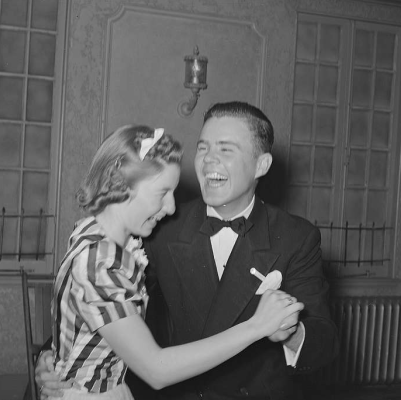

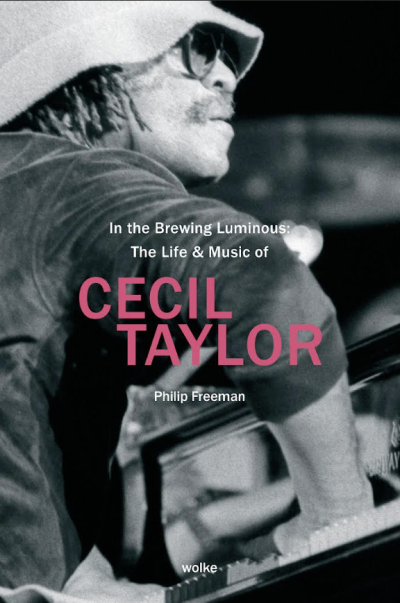




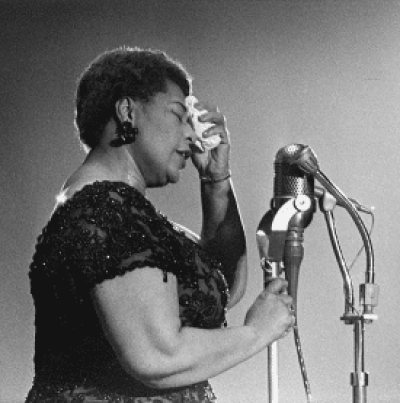
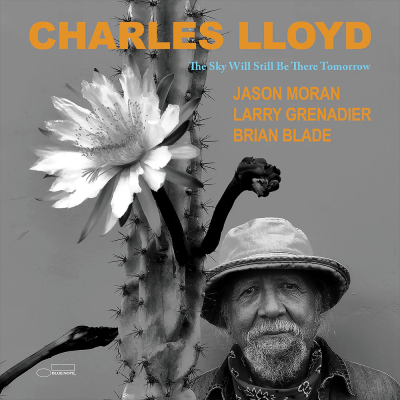
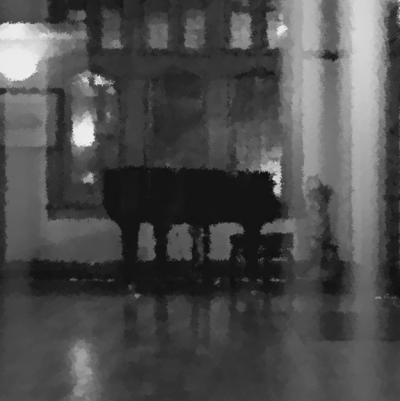





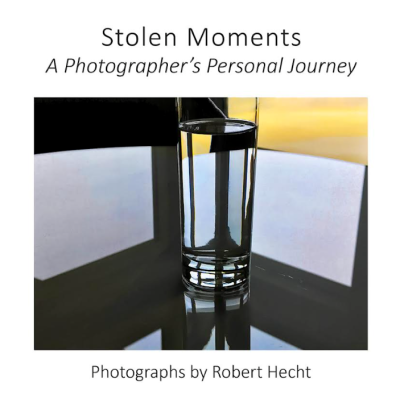

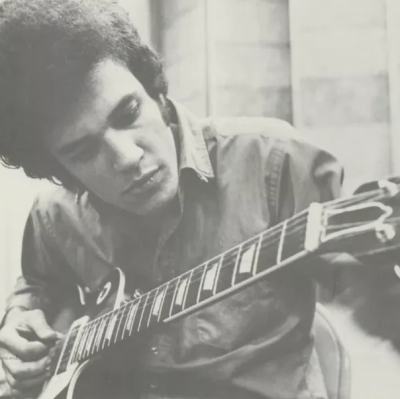
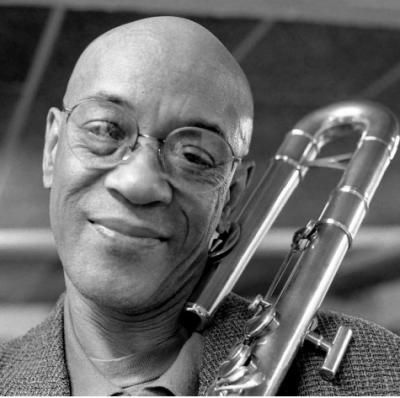
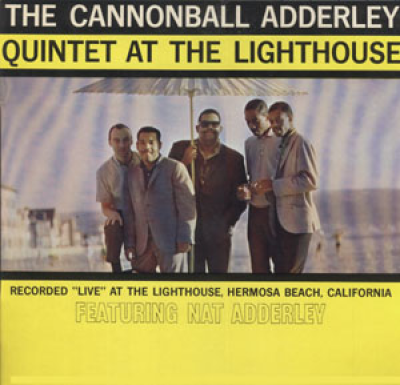
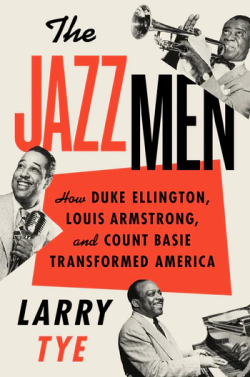
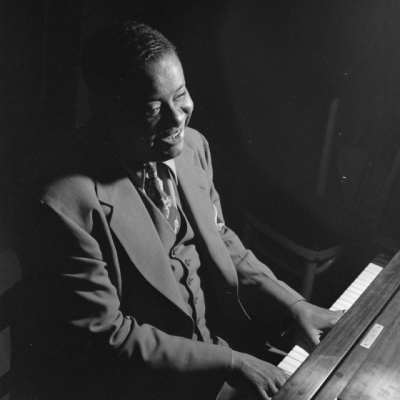

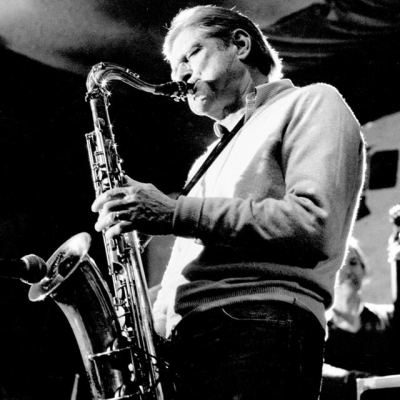
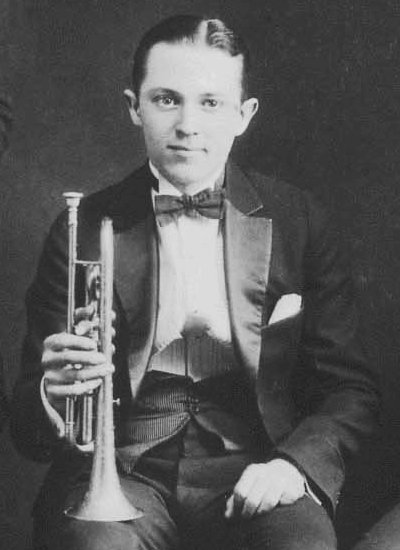
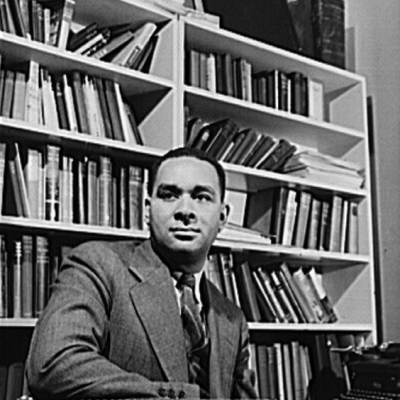






Nice evocative piece.